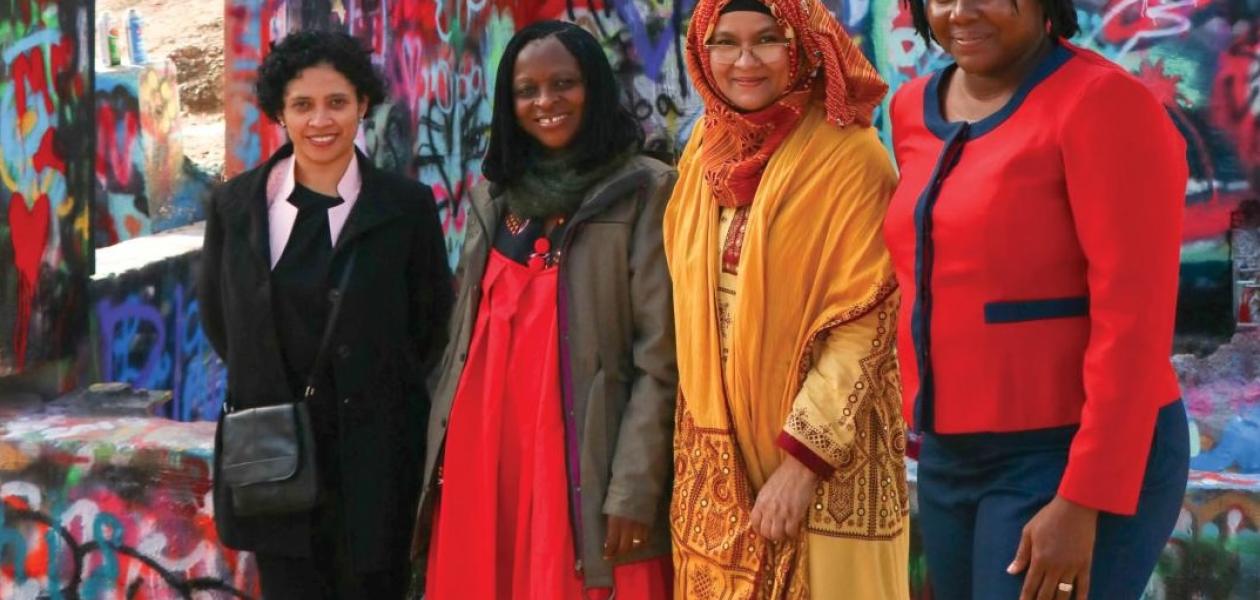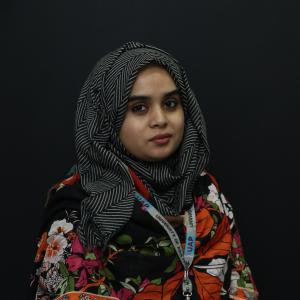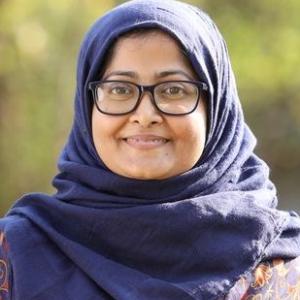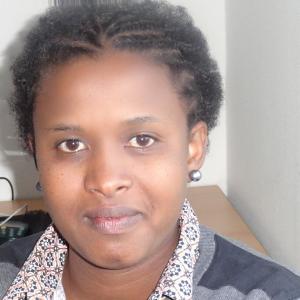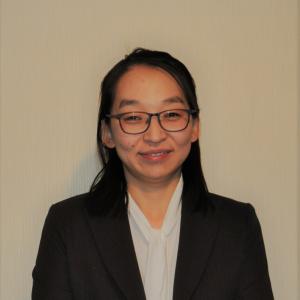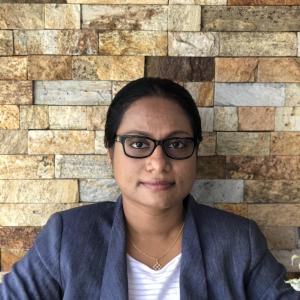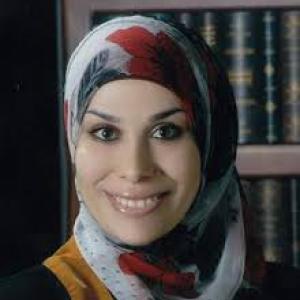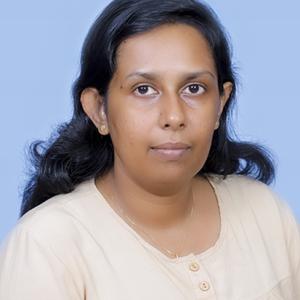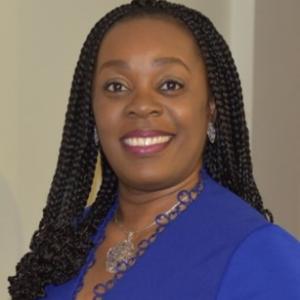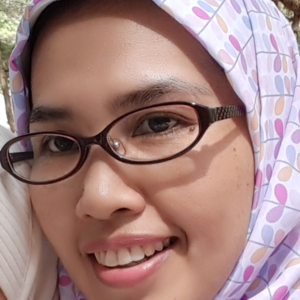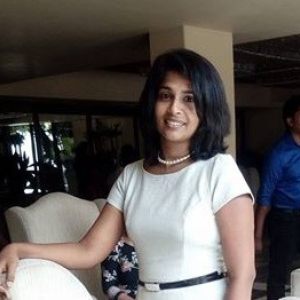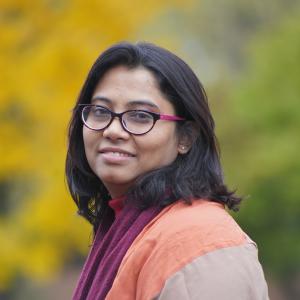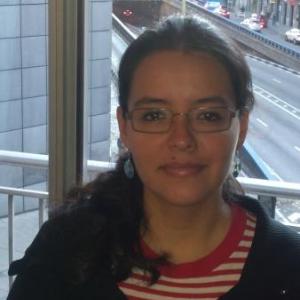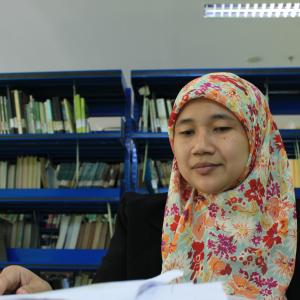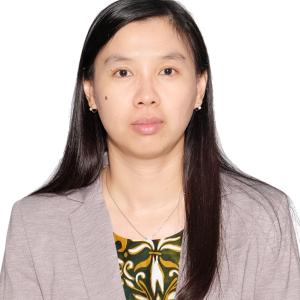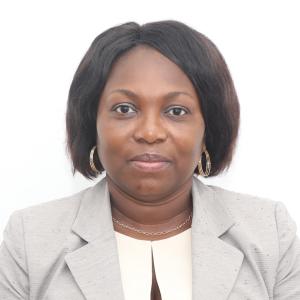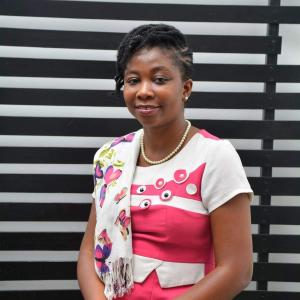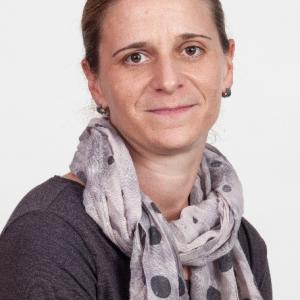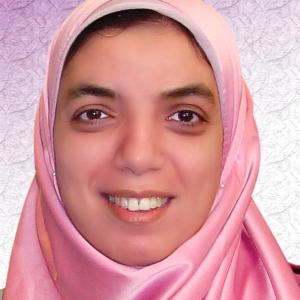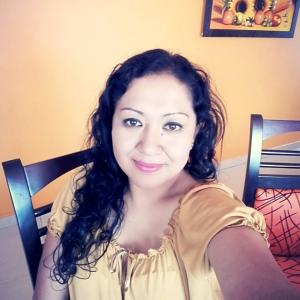Awards
Each year, OWSD recognises the outstanding scientific careers of 5 women scientists from the developing world. The themes of the awards correspond to the United Nations Sustainable Development Goals (SDGs).
The awards programme was first piloted in 2011 when eleven early career women from developing countries working in STEM subjects were recognised and celebrated at a conference in Malaysia. These awards were presently jointly with The World Academy of Sciences (TWAS) and funded by the Elsevier Foundation.
In 2013, the programme was officially launched, focusing on 5 women scientists per year.
In 2021, after ten years, OWSD re-focused the awards to respond to the call for action set forth by the United Nations Sustainable Development Goals (SDGs).
The OWSD-Elsevier Foundation Awards for Early Career Women Scientists reward and encourage women working and living in developing countries who are in the early stages of their scientific careers, and who have often overcome great challenges to achieve research excellence.
To be considered, awardees must have completed PhDs in STEM within the last ten years and made a demonstrable impact on their research environment, both at regional and international level. Evidence of leadership, mentoring and outreach skills and experience are also valued.
Eligible applicants are women whose main fields of research are in Science, Technology, Engineering and Mathematics (STEM) and who have lived and worked for at least 5 of the last 15 years in the following science and technology lagging countries (STLCs):
ELIGIBLE COUNTRIES
Africa: Angola, Benin, Burkina Faso, Burundi, Cameroon, Central African Republic, Chad, Comoros, Congo, Côte d’Ivoire, Democratic Republic of the Congo, Equatorial Guinea, Eritrea, Eswatini (Kingdom of), Ethiopia, Gambia, Ghana, Guinea, Guinea-Bissau, Kenya, Lesotho, Liberia, Madagascar, Malawi, Mali, Mauritania, Mozambique, Niger, Rwanda, Sao Tome and Principe, Senegal, Sierra Leone, Somalia, South Sudan, Tanzania, Togo, Uganda, Zambia, Zimbabwe.
Arab region: Djibouti, Palestine, Sudan, Syrian Arab Republic, Yemen.
Asia & the Pacific: Afghanistan, Bangladesh, Bhutan, Cambodia, Kiribati, Lao People’s Dem Rep., Mongolia, Myanmar, Nepal, Solomon Islands, Sri Lanka, Tajikistan, Timor-Leste, Tuvalu, Vanuatu.
Latin America & the Caribbean: Bolivia, El Salvador, Guatemala, Haiti, Honduras, Nicaragua, Paraguay.
ELIGIBLE SCIENTIFIC FIELDS
The awards seek applications from women researchers in Science, Technology, Engineering and Mathematics (STEM)- and how they intersect with the aforementioned SDGs.
Applications from candidates in the Social sciences, Humanities, Arts, or other are NOT eligible.
The eligible STEM fields are as follows:
- Agricultural Sciences
- Astronomy, Space and Earth Sciences
- Biological Systems and Organisms
- Chemical Sciences
- Computing and Information Technology
- Engineering Sciences
- Mathematical Sciences
- Medical and Health Sciences (including Neurosciences)
- Physics
- Structural, Cell and Molecular Biology
Any combination of these fields (i.e., interdisciplinarity) is acceptable.
*Please note that an applicant, at the time of application, must NOT have an active research grant or fellowship with The World Academy of Sciences (TWAS) or have already submitted an application for a TWAS programme within the same given year. Only one application per year is possible across all TWAS and OWSD programmes, with the exception that applicants to the Early Career fellowship may also apply for the OWSD-Elsevier Foundation awards in the same year. If you are awarded an Early Career fellowship, you will no longer be eligible for the Award. Applicants will not be eligible to visit another institution in that year under the TWAS Visiting Professor programmes. An exception is made only for the head of an institution who invites an external scholar to share his/her expertise under the TWAS Visiting Professor programmes; she may still apply for another programme.
The awards cycle 2022-26 covers the following themes:
- 2022: Climate action and the environment (SDG13, SDG14, SDG15)
- 2023: Food security, agricultural productivity and sustainable food production (SDG2)
- 2024: Water, sanitation and hygiene (SDG6)
- 2025: Inclusive health (SDG3) - awardees already selected
- 2026: Sustainable, affordable and reliable energy (SDG7) - applications to be announced in August 2025.
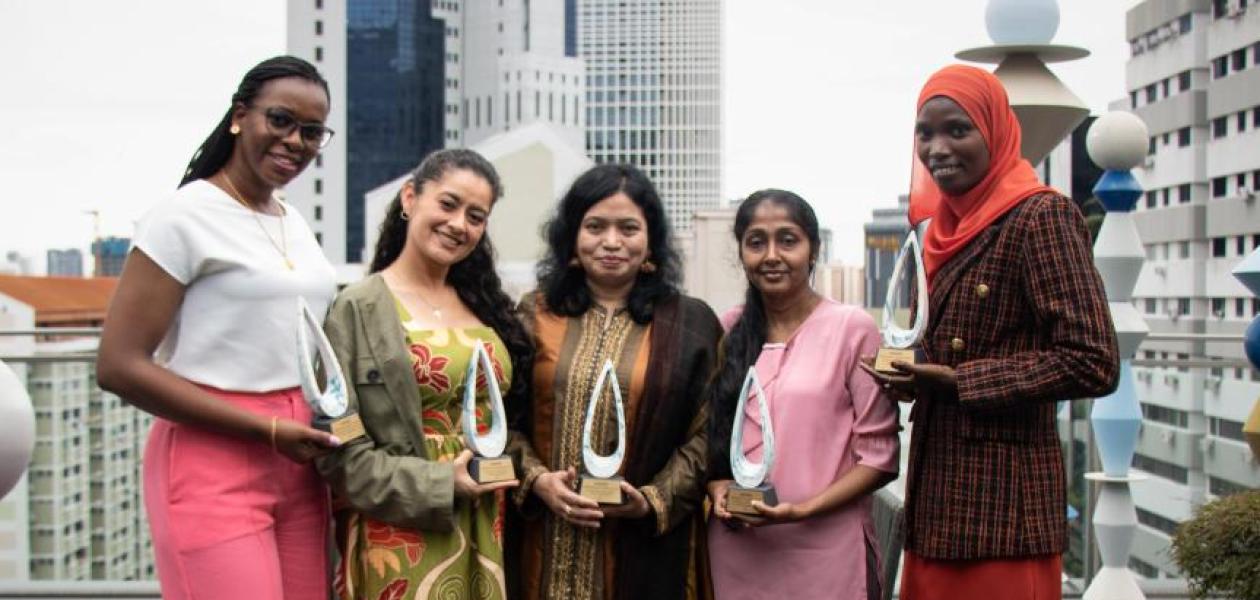
Assessment is based on the applicant’s achievements in her scientific field, with additional attention paid to evidence of leadership skills, initiative and innovation, as well as to the candidate’s involvement in capacity building, outreach and civic contribution.
The selection committee looks for excellent science of relevance to and with a demonstrable impact in the developing world. Innovative techniques or methodologies (especially with regard to sustainable development) are favourably considered.
Applications that demonstrate an awareness of the importance of sex and/or gender considerations in research methodology and content may be prioritised. Additionally, researchers are encouraged to demonstrate interdisciplinary collaboration within the natural sciences, but also with the social sciences and humanities.
Each winner receives a cash prize of USD 5,000 and an all-expenses-paid trip to a relevant international conference.
The value of the award is in the increased visibility of their research for awardees and access to international networks and opportunities. The awardees are also powerful role models for young women in science.
Because of this Award and the international recognition, I am more confident, accountable and motivated to continue my research activities in order to achieve my goals. My award will inspire many younger ladies in this region to achieve more in the advancement of sciences.
Dr. Tista Prasai Joshi (Nepal), 2019 awardee
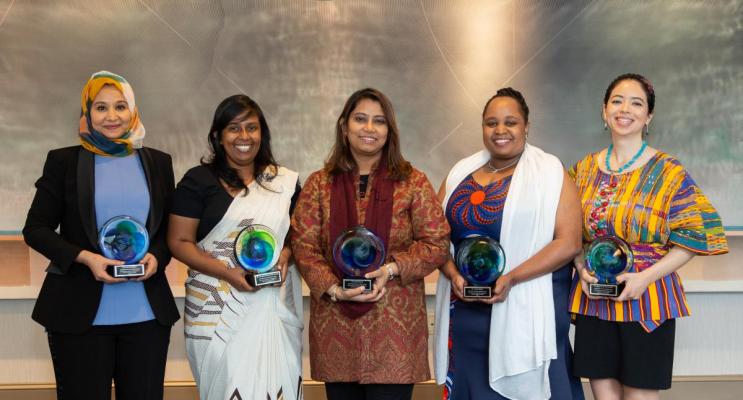
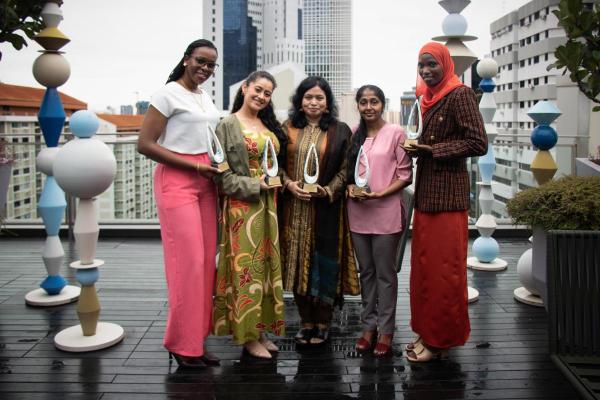
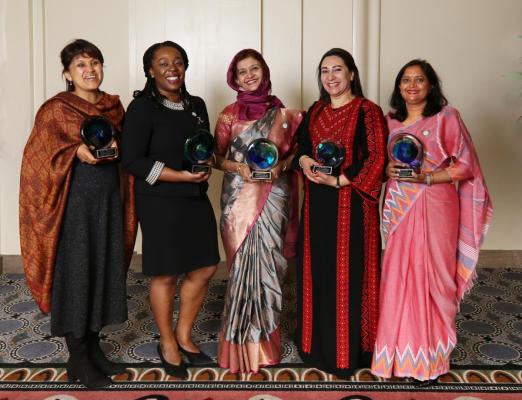
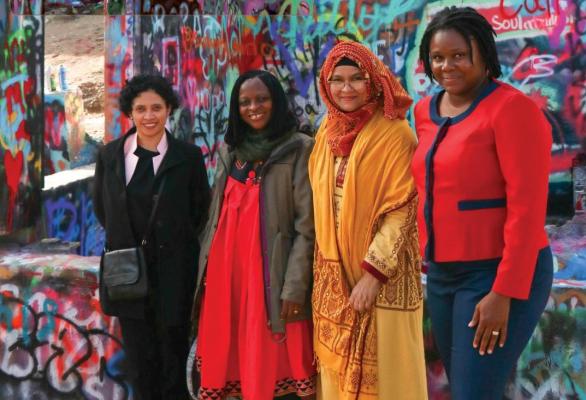

2020 OWSD-ELSEVIER Award Winners

2024 OWSD-ELSEVIER Award Winners

2019 OWSD-ELSEVIER Award Winners

2025 OWSD-ELSEVIER Award Winners
Apply for the 2026 the OWSD - Elsevier Foundation Awards (call to be announced in August 2025)
